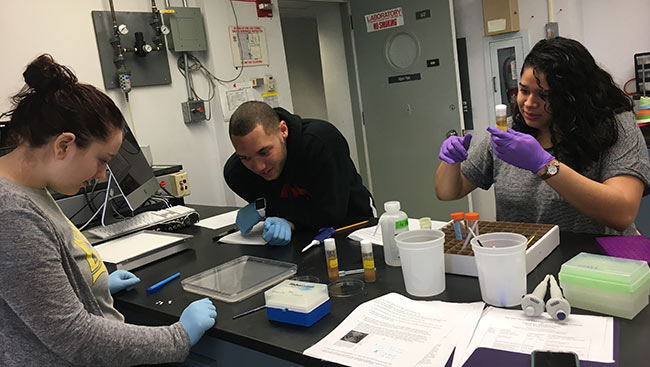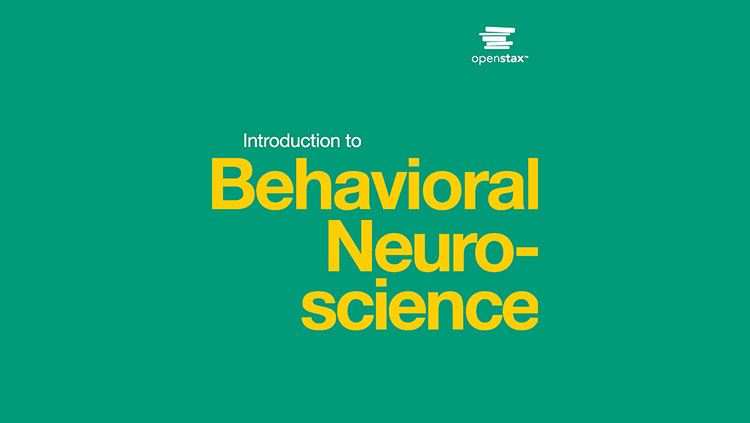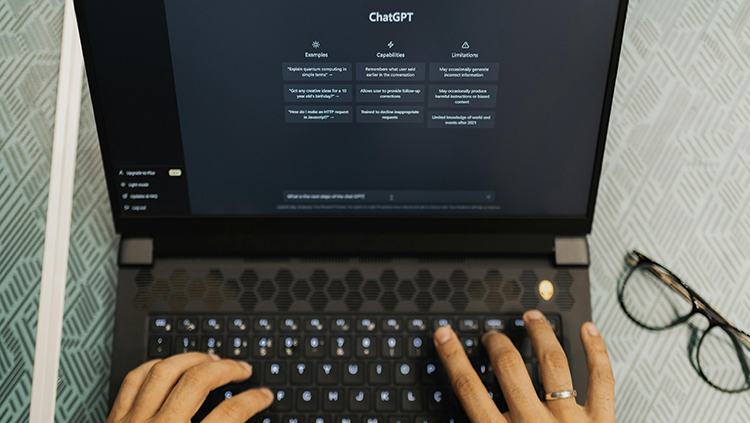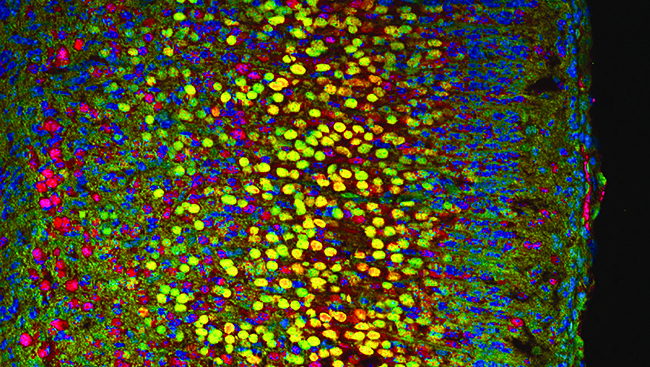
There are many reasons to have undergraduates join your lab for the summer, including mentoring practice for postdocs and a chance to guide the upcoming generation of researchers. Chiye Aoki, a faculty member involved in New York University’s Summer Undergraduate Research Program, shares how to give undergraduates a summer research experience that will enhance their career and enrich your lab.
This Q&A is part of a series that explores how summer undergraduate research programs impact students and the labs who host them. For more perspectives, read Part One and Part Three of the series.
Why do you invite undergraduates to do summer research in your lab?
There are a variety of reasons that PIs decide to have undergraduates do research over the summer in their labs.
It provides an opportunity for postdocs and senior graduate students to practice their teaching and mentoring skills. It’s also a way of giving back to the scientific community. Many PIs had summer research experiences as undergraduates that were pivotal, positive, and fulfilling. Still, others want to help widen public awareness of neuroscience research, and some wish to introduce young minds to research careers.
What are your goals for students who participate in the program?
We want students to learn how to discuss research with a lay person, to others in the lab, and to a professional audience through oral presentations, poster presentations, and writing suitable for professional journals.
To be able to do this, students need to understand the big picture, background literature, rationales for methods, and study significance. Our program syllabus outlines weekly goals to help them accomplish these learning objectives.
We also try to establish a sense of belonging by having students meet multiple PIs and peers their age throughout the program.
How do you practically integrate undergraduates into ongoing research projects?
We spend considerable effort matching students’ interests to the ongoing research of potential hosting labs.
After we pre-select students, we encourage the PIs and mentors to interview them to make sure there is maximum compatibility between the mentors and mentees.
I run a session called “Entering Mentoring” a few weeks before the program starts so that mentors can exchange their tips for successful mentoring.
On top of that, mentors are shown the syllabus so that they have an understanding of how to guide students through the weekly goals.
Students also read and sign a research contract, which lists the hosting lab’s expectations and what they hope to see the undergraduates attain through the program
What do you hope students take away from their time in the lab?
It’s our goal to help students explore research as a career option and have a tangible sense of whether it’s suited for them.
My hope is that students discover that they’d like to pursue a career in neuroscience research, but ultimately, it’s important that they determine for themselves whether or not research is right for them.
Catch up on the rest of the series, Inside Summer Undergraduate Research Programs: Part One and Part Three.
*Photo provided by author.
Speaker








